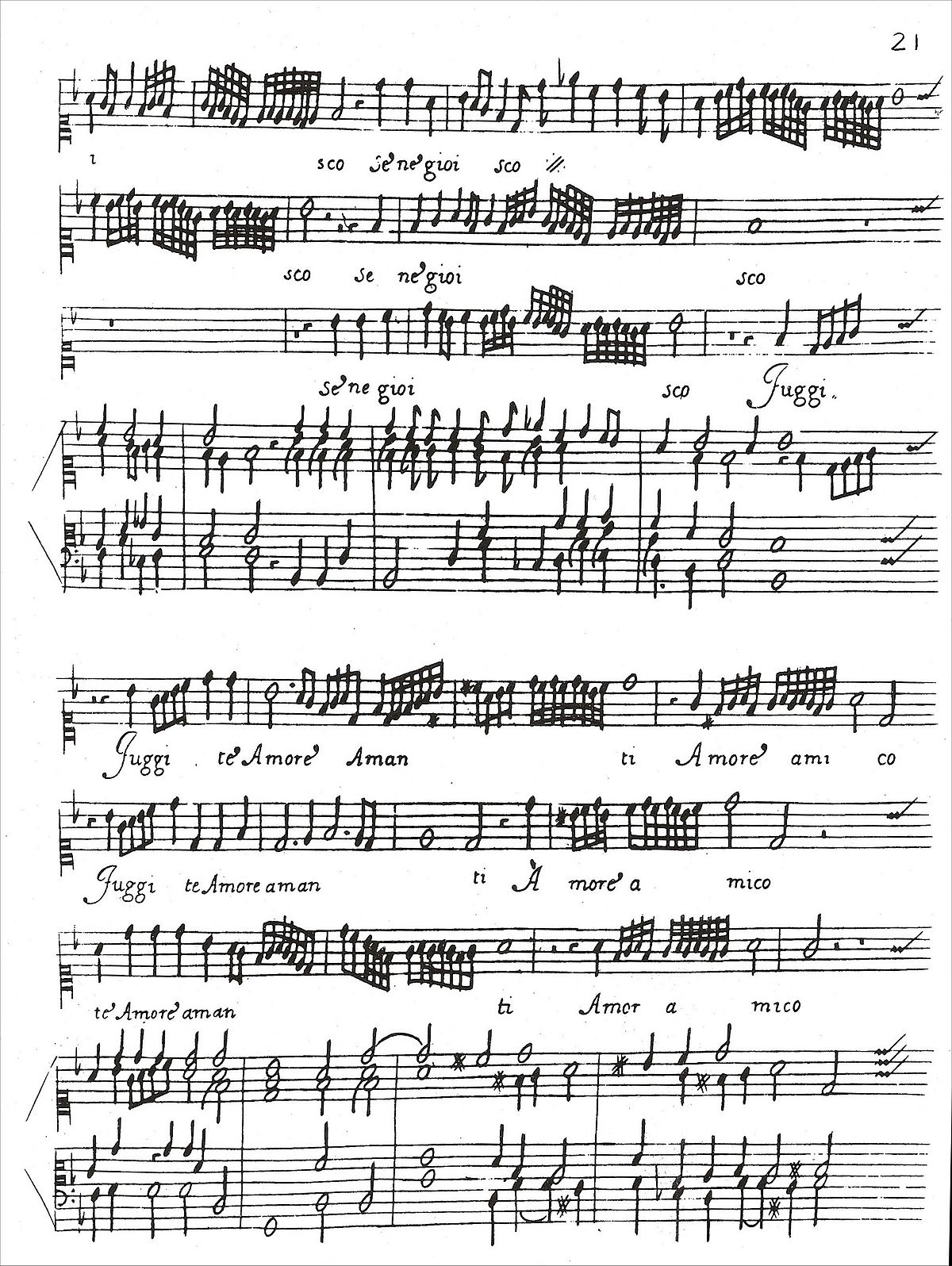I asked recently (Bargains thread) about the use of male voices in some music, such as by Monteverdi. I found that there is reference to a performance of L'Arianna in 1608 in which the role of Arianna was taken by Virginia Ramponi-Andreini ("La Florinda") soprano, so presumably women were employed in dramatic roles in Italy in the early 17th Century.
On the other hand, we know (don't we?) that in England the roles of female characters in Shakespeare's plays were taken by men in Shakespeare's time. I don't know what roles women had, if any, in earlier medieval drama, such as miracle or mystery plays.
It may have been commonplace for men to take roles including "obviously" female ones, both in church music and drama, and also in entertainments.
We also know that many roles in opera/oratorio were taken by male castrati. I think that there was a period in which church music made use of boys voices (male altos) for the soprano parts.
Were there different traditions in church music or in theatrical or leisure entertainment? During which periods were castrati employed, and how did this affect musical and dramatic productions. Also, were the traditions significantly different in different countries?
What about cross dressing roles? These clearly feature in Mozart's operas (e.g Cherubino in MoF) but were male castrati (as opposed to the female sort ) used to perform female characters, or did they always represent men? Note also that even in 1791 Mozart had probably written for a castrato, as the role of Sento in La Clemenza di Tito is a soprano role representing a man, or was that also a cross dressing role?
) used to perform female characters, or did they always represent men? Note also that even in 1791 Mozart had probably written for a castrato, as the role of Sento in La Clemenza di Tito is a soprano role representing a man, or was that also a cross dressing role?
On the other hand, we know (don't we?) that in England the roles of female characters in Shakespeare's plays were taken by men in Shakespeare's time. I don't know what roles women had, if any, in earlier medieval drama, such as miracle or mystery plays.
It may have been commonplace for men to take roles including "obviously" female ones, both in church music and drama, and also in entertainments.
We also know that many roles in opera/oratorio were taken by male castrati. I think that there was a period in which church music made use of boys voices (male altos) for the soprano parts.
Were there different traditions in church music or in theatrical or leisure entertainment? During which periods were castrati employed, and how did this affect musical and dramatic productions. Also, were the traditions significantly different in different countries?
What about cross dressing roles? These clearly feature in Mozart's operas (e.g Cherubino in MoF) but were male castrati (as opposed to the female sort
 ) used to perform female characters, or did they always represent men? Note also that even in 1791 Mozart had probably written for a castrato, as the role of Sento in La Clemenza di Tito is a soprano role representing a man, or was that also a cross dressing role?
) used to perform female characters, or did they always represent men? Note also that even in 1791 Mozart had probably written for a castrato, as the role of Sento in La Clemenza di Tito is a soprano role representing a man, or was that also a cross dressing role?


Comment